
2024 Bajaj Pulsar NS160, NS200 Launched in India; Prices Begin at Rs 1.46 Lakh
With its unique lightning bolt-shaped DRLs, the new LED headlight is the most noticeable change for the Bajaj Pulsar NS160 and the NS200. LED indicators add more visual appeal to the NS200, matching the Pulsar N250's styling elements.
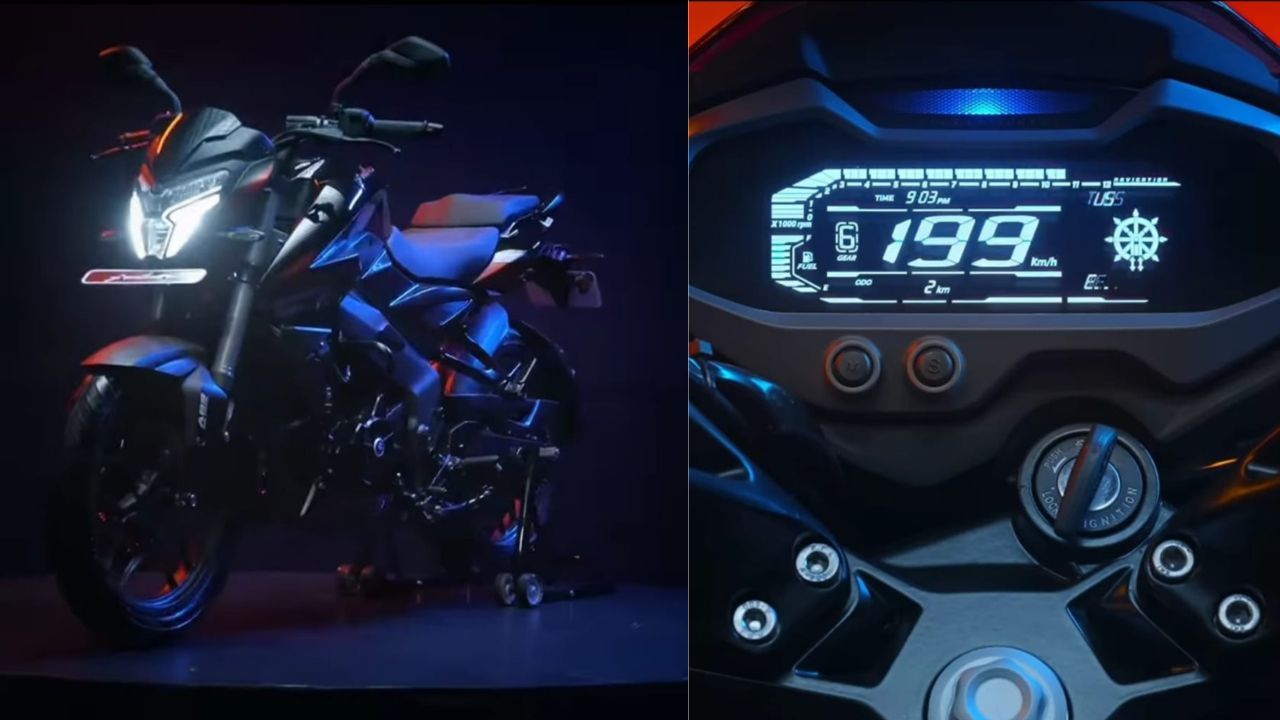
After releasing a series of teasers, Bajaj Auto has launched the 2024 iterations of the Pulsar NS160 and the NS200 in the domestic market. The former carries a price tag of Rs 1.46 lakh, while the latter is priced at Rs 1.55 lakh. Both prices are ex-showroom. The modifications have led to a corresponding rise in costs by Rs 9,000 for the NS160 and Rs 8,000 for the NS200. With the addition of a new LCD instrument console and Bluetooth connectivity, the pair follows the arrival of the MY2024 versions of the N150 and the N160. Notably, the NS160 and the NS200 have received more substantial updates, resulting in a more upbeat vibe. The NS200 has been modified with new alloy wheels, a dual-channel ABS, upside-down front forks, new graphics and decals, and an updated semi-digital dashboard with a gear position indicator and a distance-to-empty indicator. Moreover, the NS series now boasts all-LED lighting for the first time.
2024 Bajaj Pulsar NS160, NS200: New Updates
With its unique lightning bolt-shaped DRLs, the new LED headlight is the most noticeable change for the Pulsar NS160 and the NS200. LED indicators add more visual appeal to the NS200, matching the Pulsar N250's styling elements. The new LCD dash, which is similar to the one on the most recent Pulsar N150 and the N160 models and has Bluetooth connectivity for smartphone pairing, is another noteworthy improvement. The new digital display and the blacked-out instrument cluster are controlled by a button on the left switch gear. Along with the standard trip meter, odometer, speedometer, turn-by-turn navigation, and fuel gauge, the cluster will also display important details like the gear position indication, instantaneous fuel economy, distance to empty, average fuel economy, and time.
A brand-new, horizontally oriented digital device has now taken the place of the analog tachometer found in the earlier models. By connecting their smartphones to the bike via the Bajaj Ride Connect app, riders can accept or reject calls while they're out and about. The bikes will also have a USB socket so that mobile gadgets can be charged.
2024 Bajaj Pulsar NS160, NS200: Mechanical Specifications and Hardware
Both bikes maintain the same technical specs despite the most recent changes, claiming the reliable performance that riders have come to expect from the Pulsar NS range. The goal of adding these new functions is to attract customers who are technologically inclined with the NS160 and the NS200.
The 199.5cc single-cylinder liquid-cooled engine that powers the updated Pulsar NS200 generates 24.16bhp of maximum power and 18.74Nm of peak torque when mated to a six-speed transmission. On the other hand, the NS160's 160.03cc air-cooled single-cylinder unit puts out 14.6Nm of maximum torque and a peak output of 17.03bhp. Both engines comply with E20 requirements.
The USD fork, monoshock, bodywork, and chassis are all still the same. To be clear, the NS200 is equipped as standard with a monoshock at the back and USD forks up front. It has 17-inch alloy wheels and disc brakes on both ends.
2024 Bajaj Pulsar NS160, NS200: Rival Models
While the Bajaj Pulsar NS200 goes up against TVS's Apache RTR 200 4V, the KTM 200 Duke, and the Honda Hornet 2.0, the 2024 Bajaj Pulsar NS160 has direct competitors in the form of the TVS Apache RTR 160 4V, the Yamaha MT-15 V2, and the Hero Xtreme 160 4V.


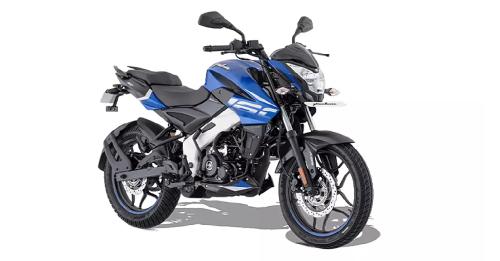

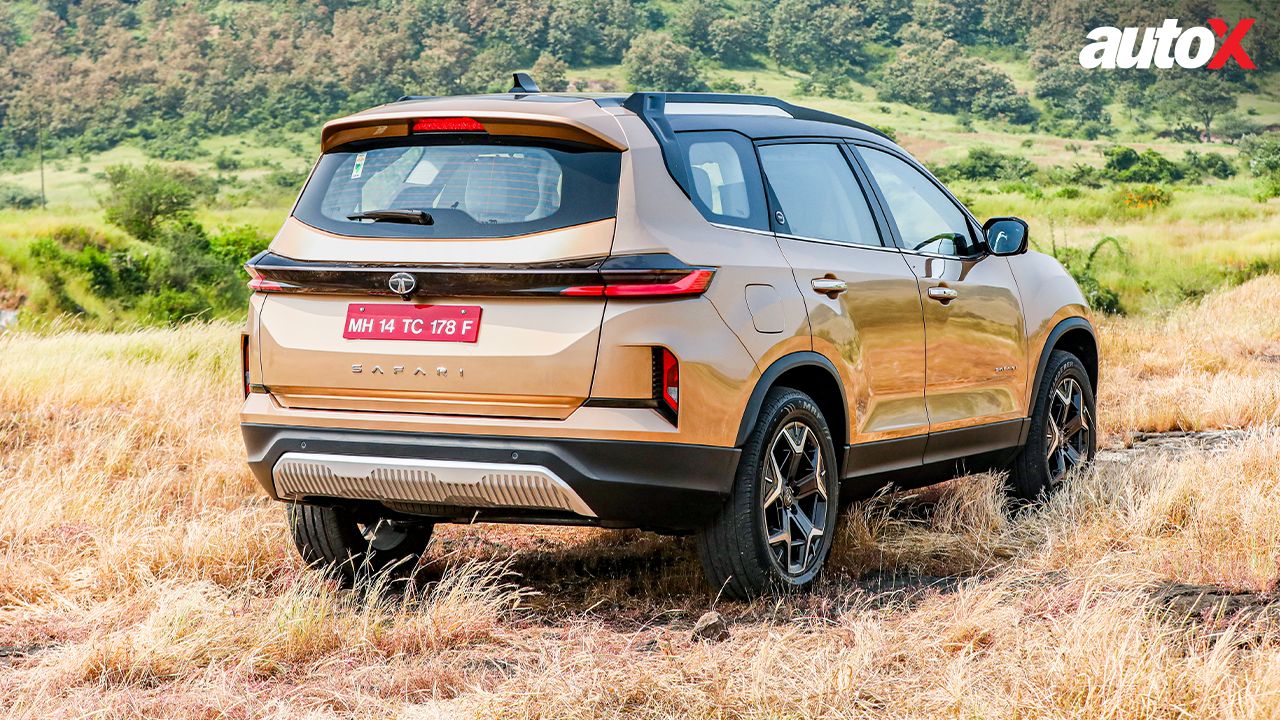
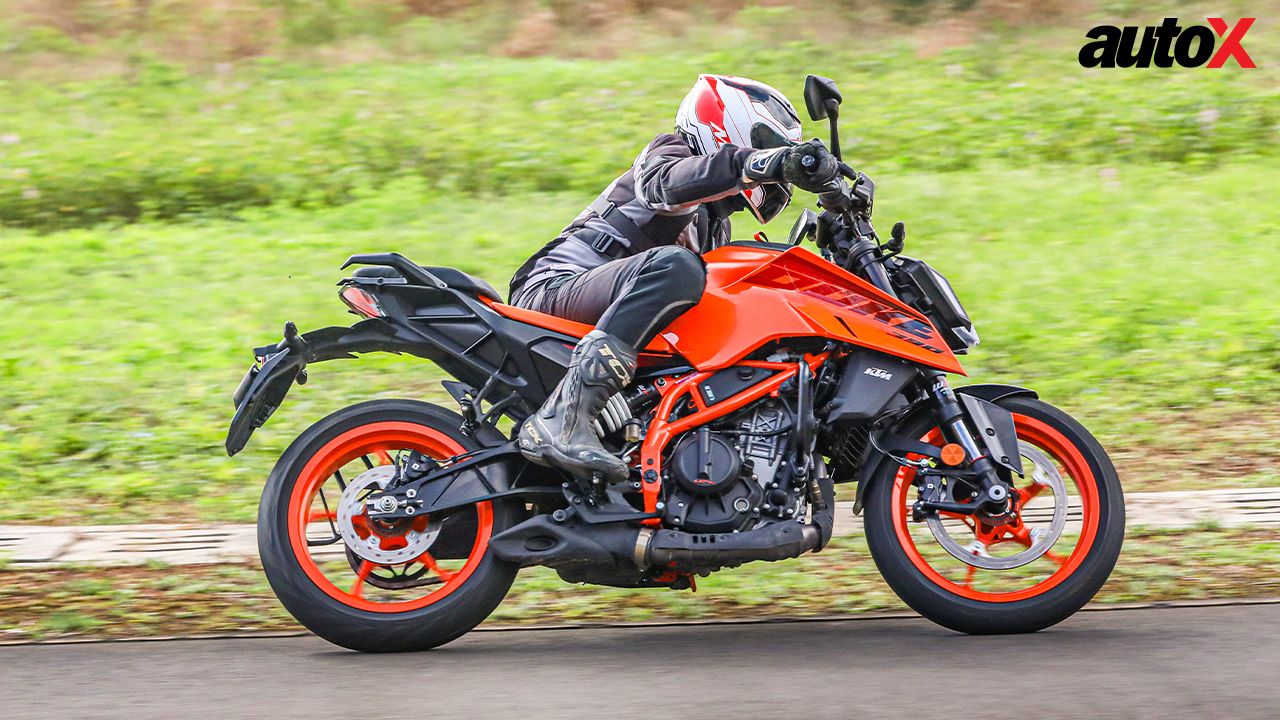
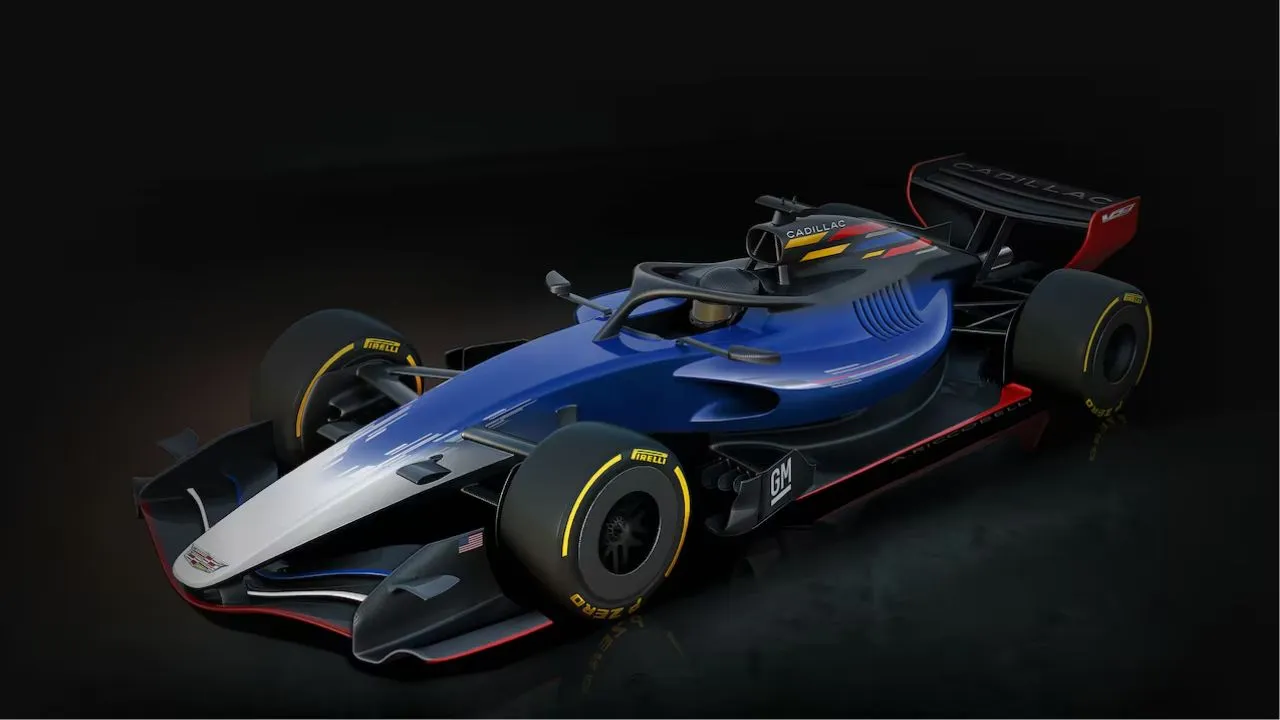
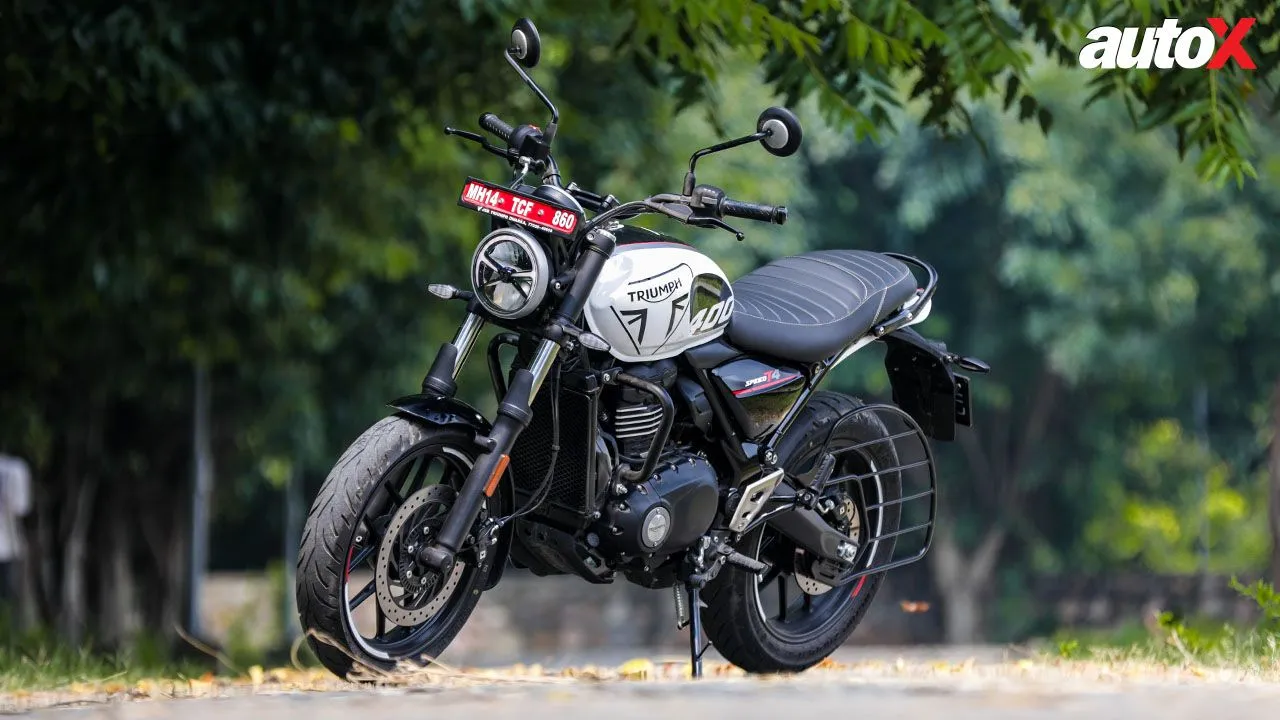

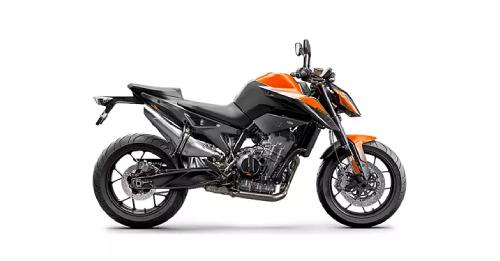
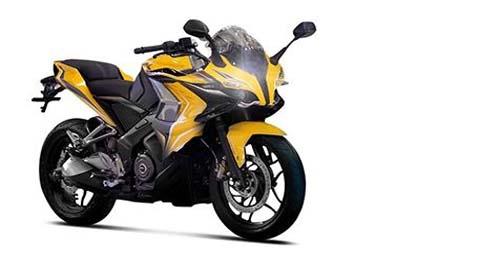
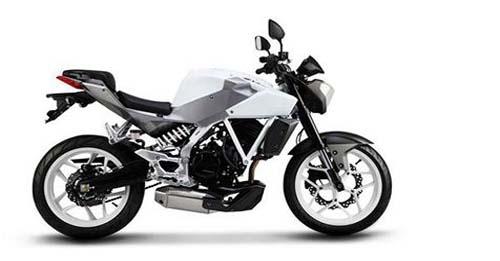
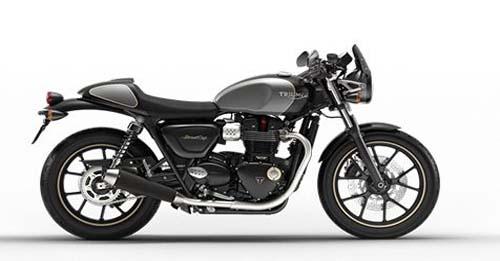










Write your Comment on